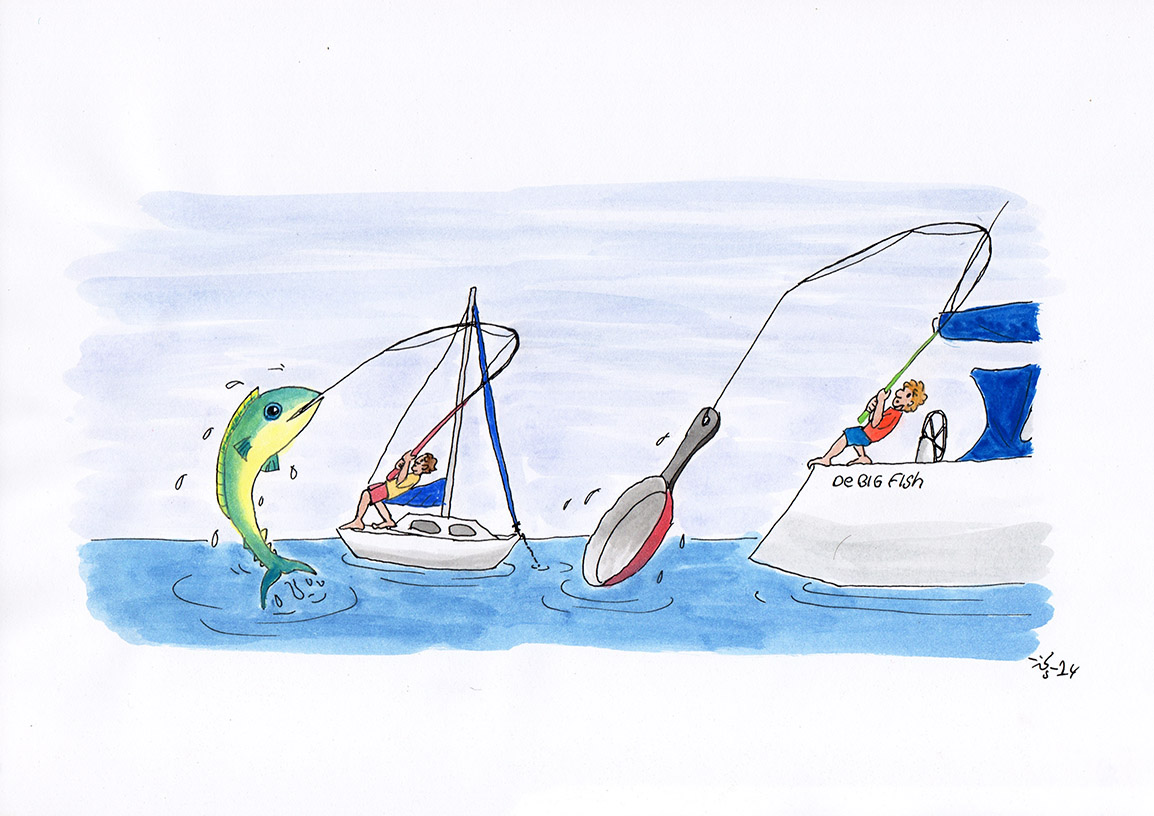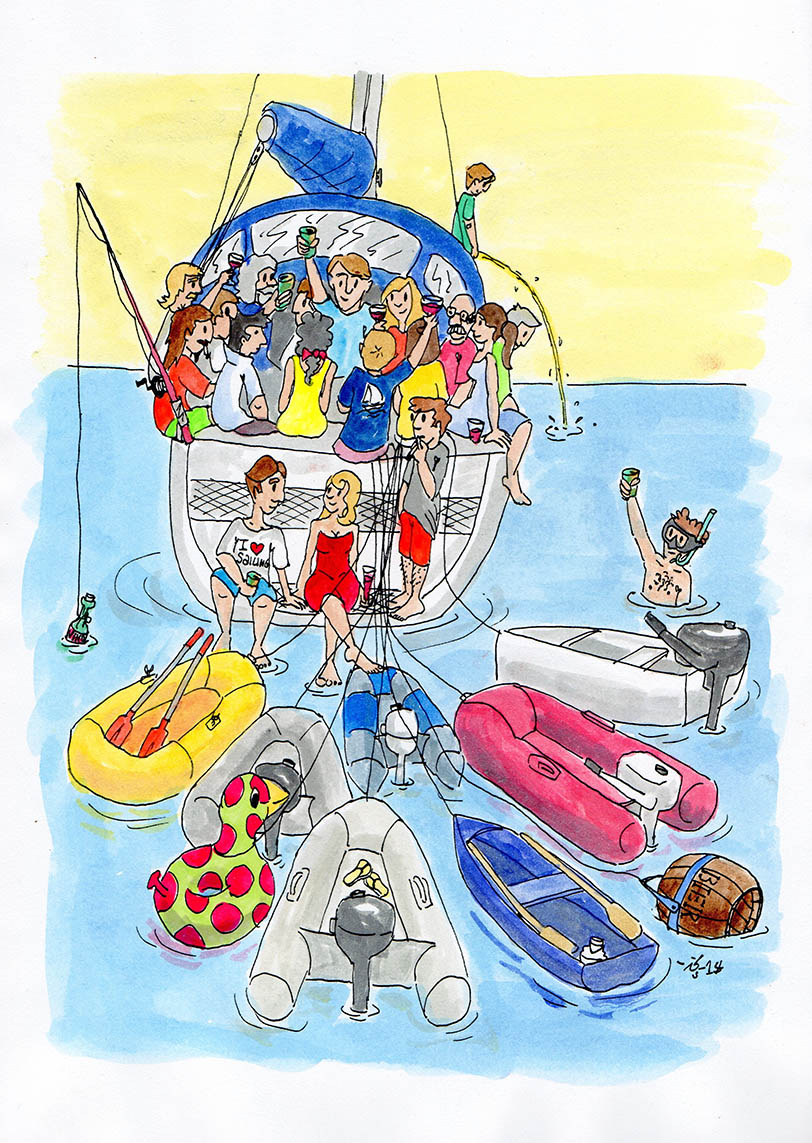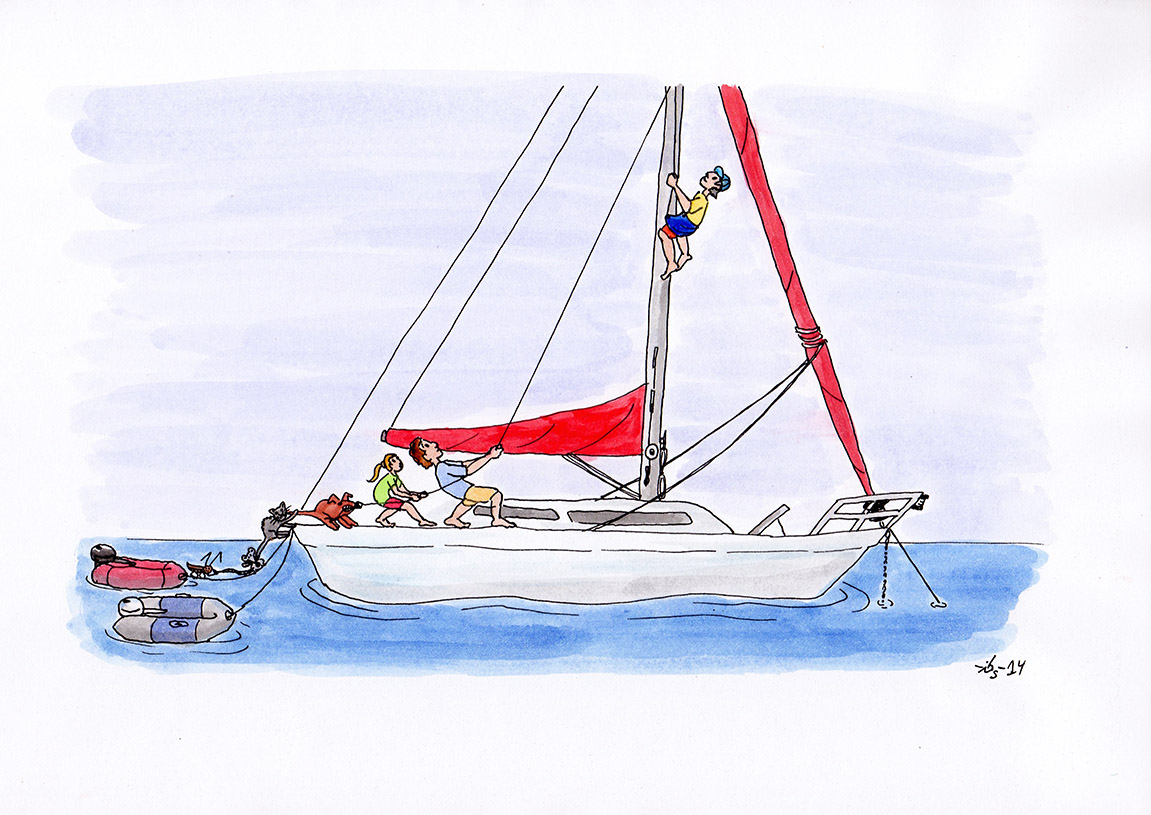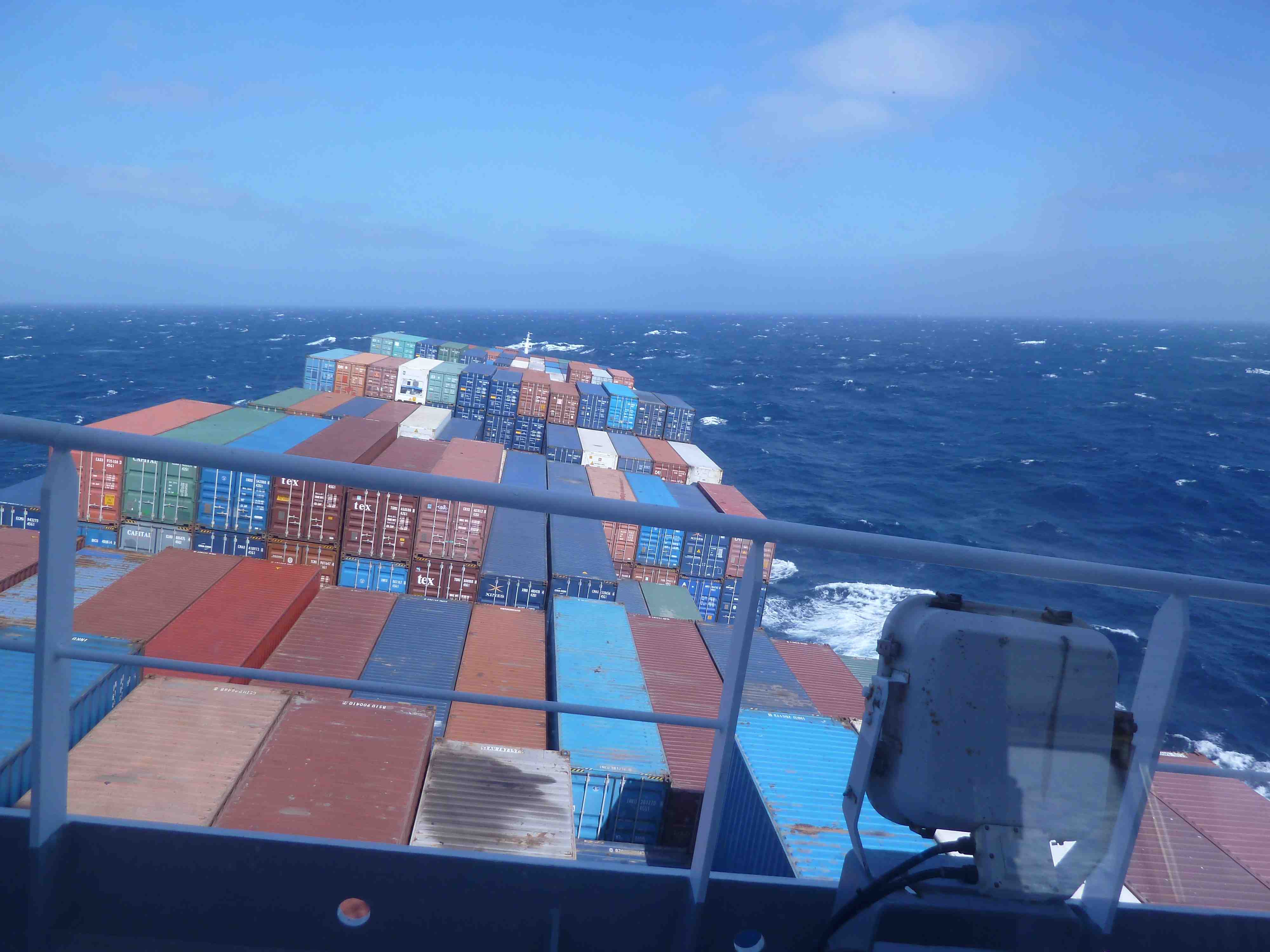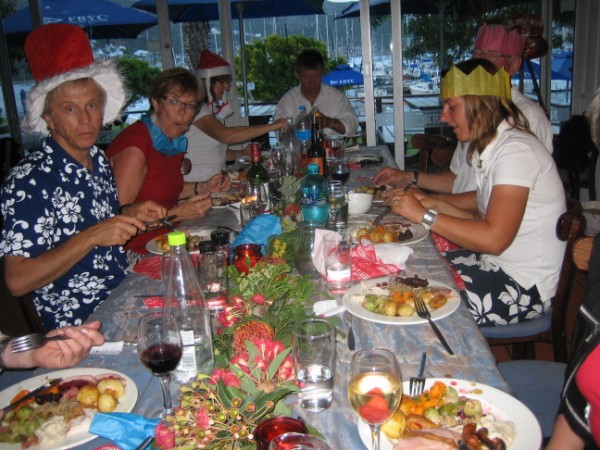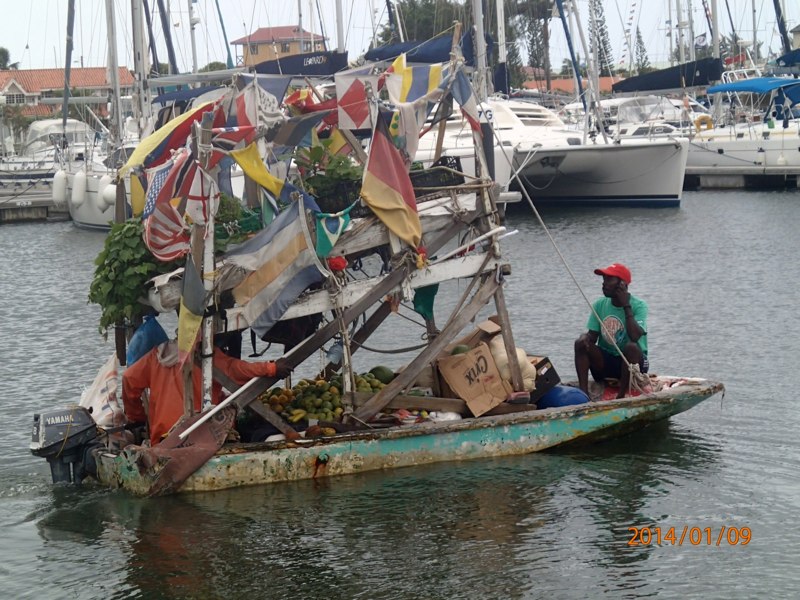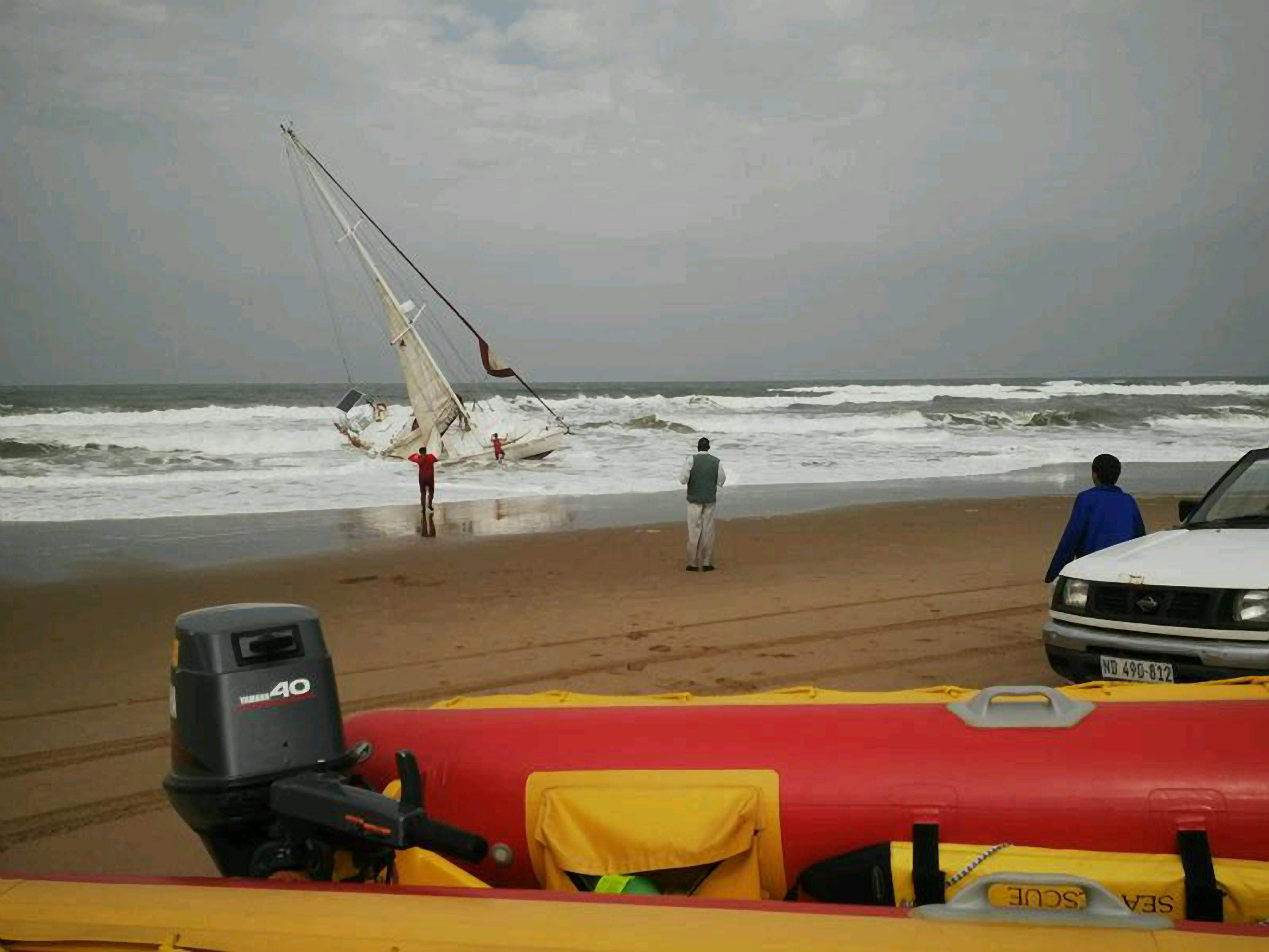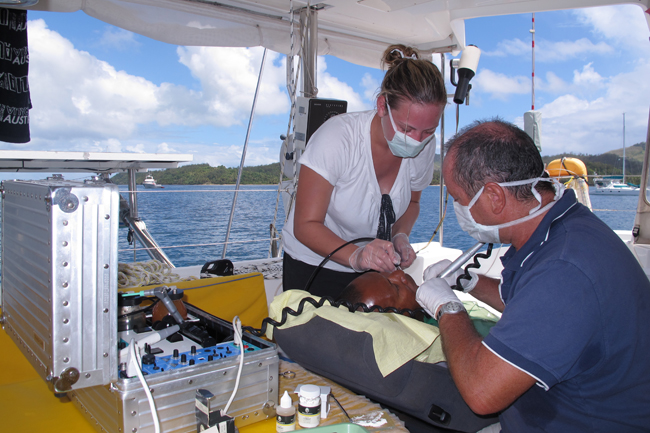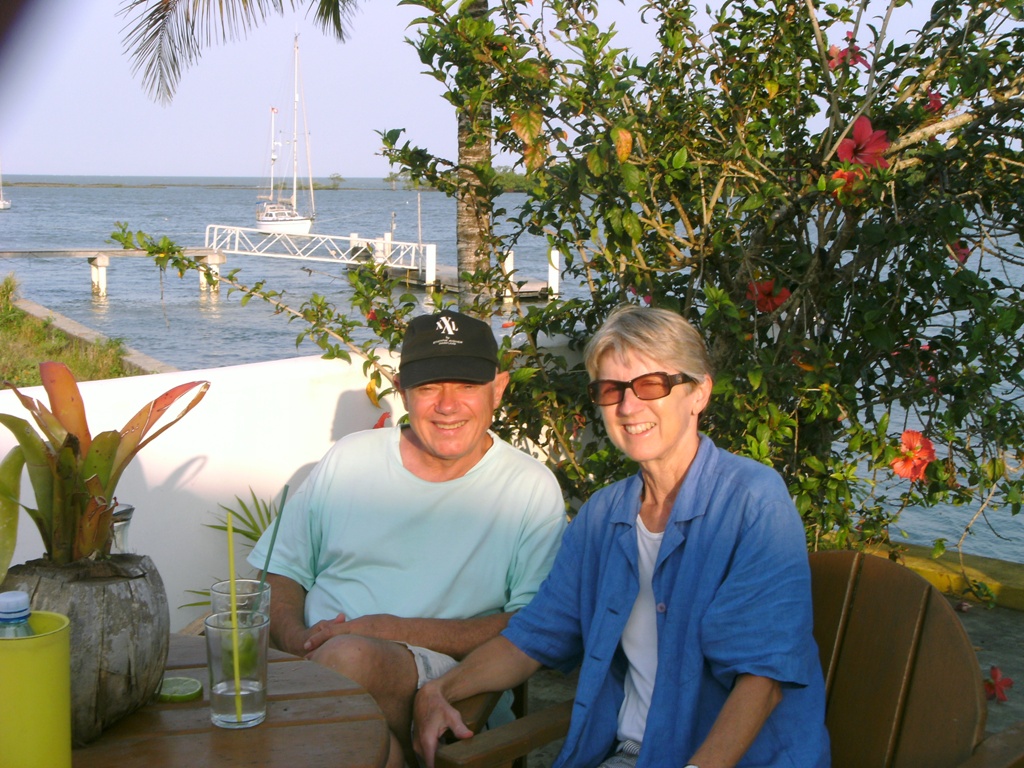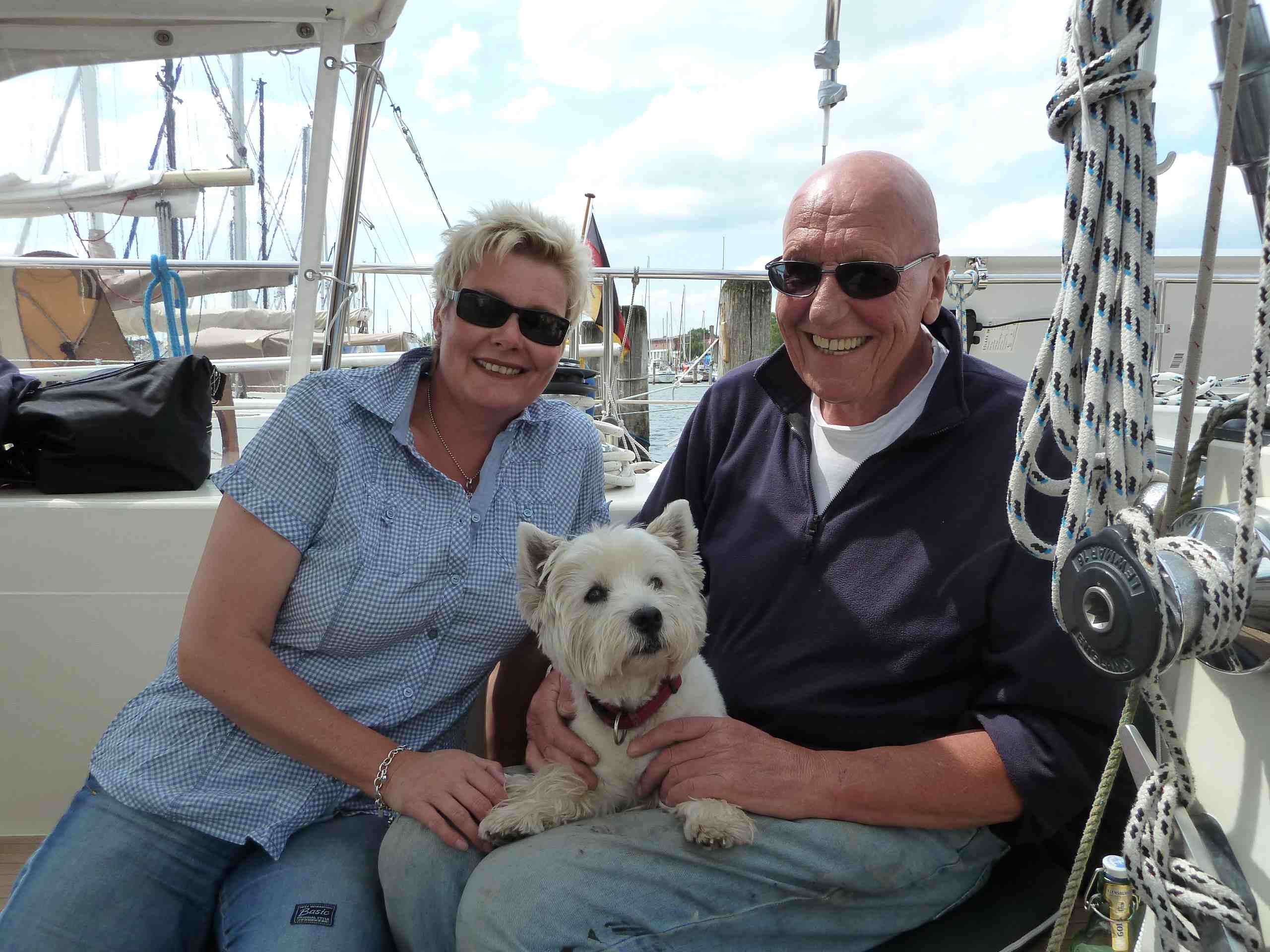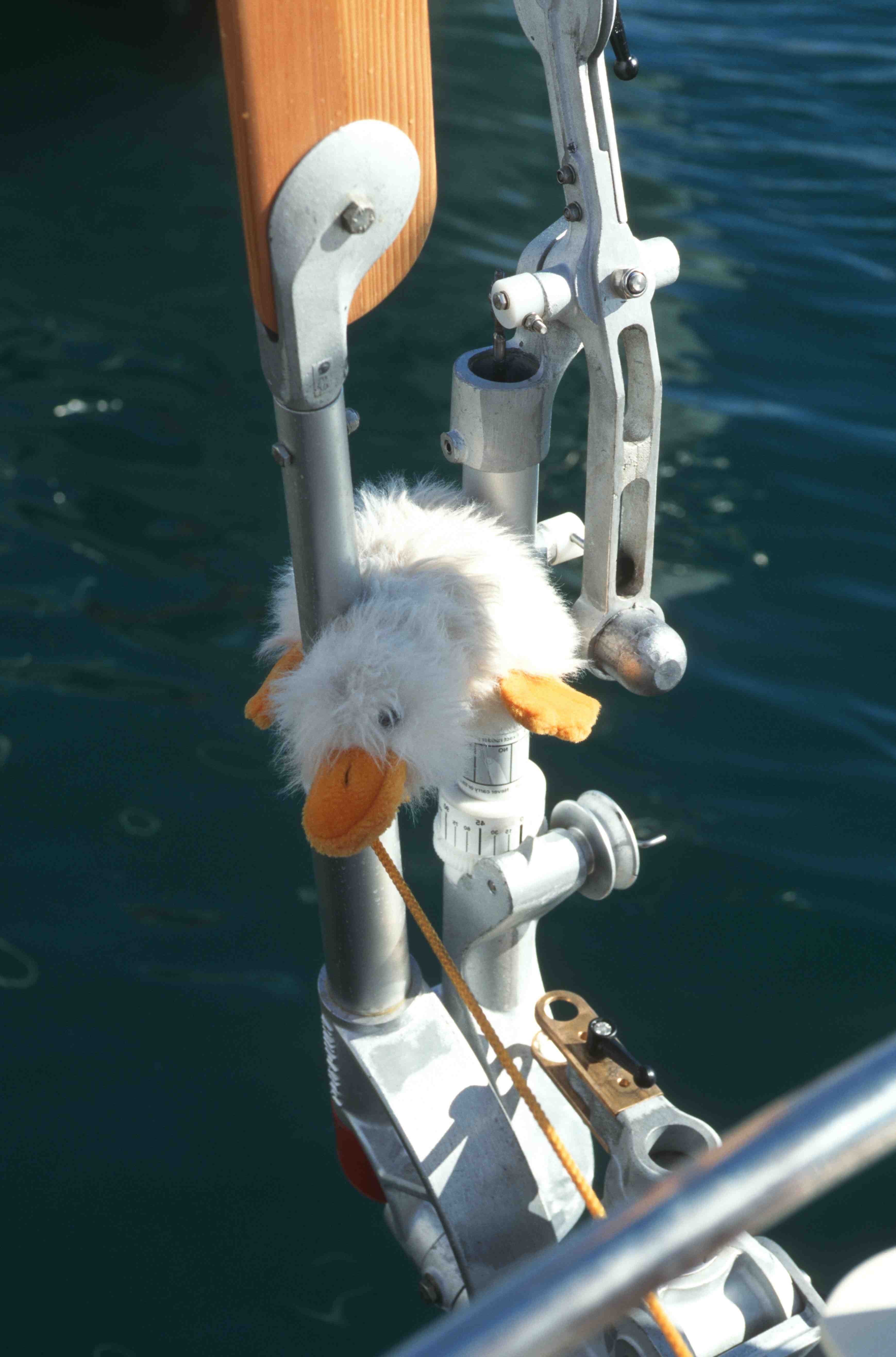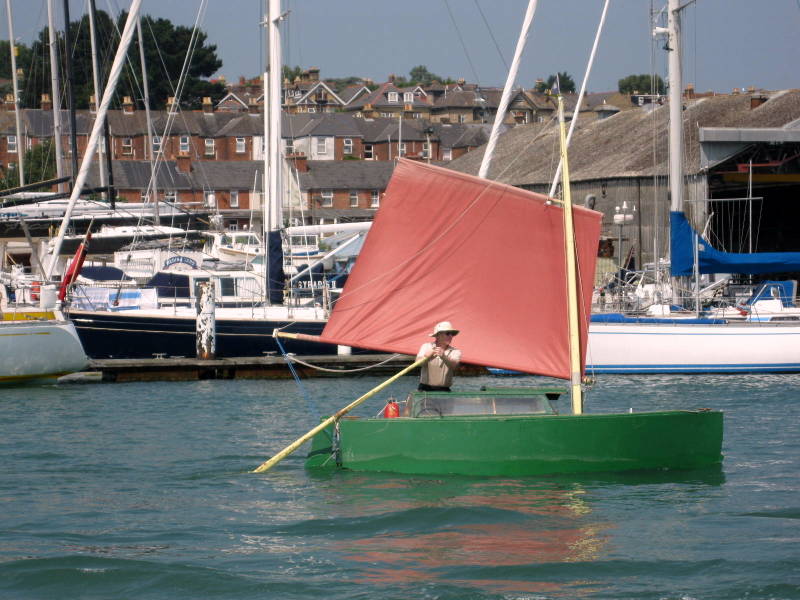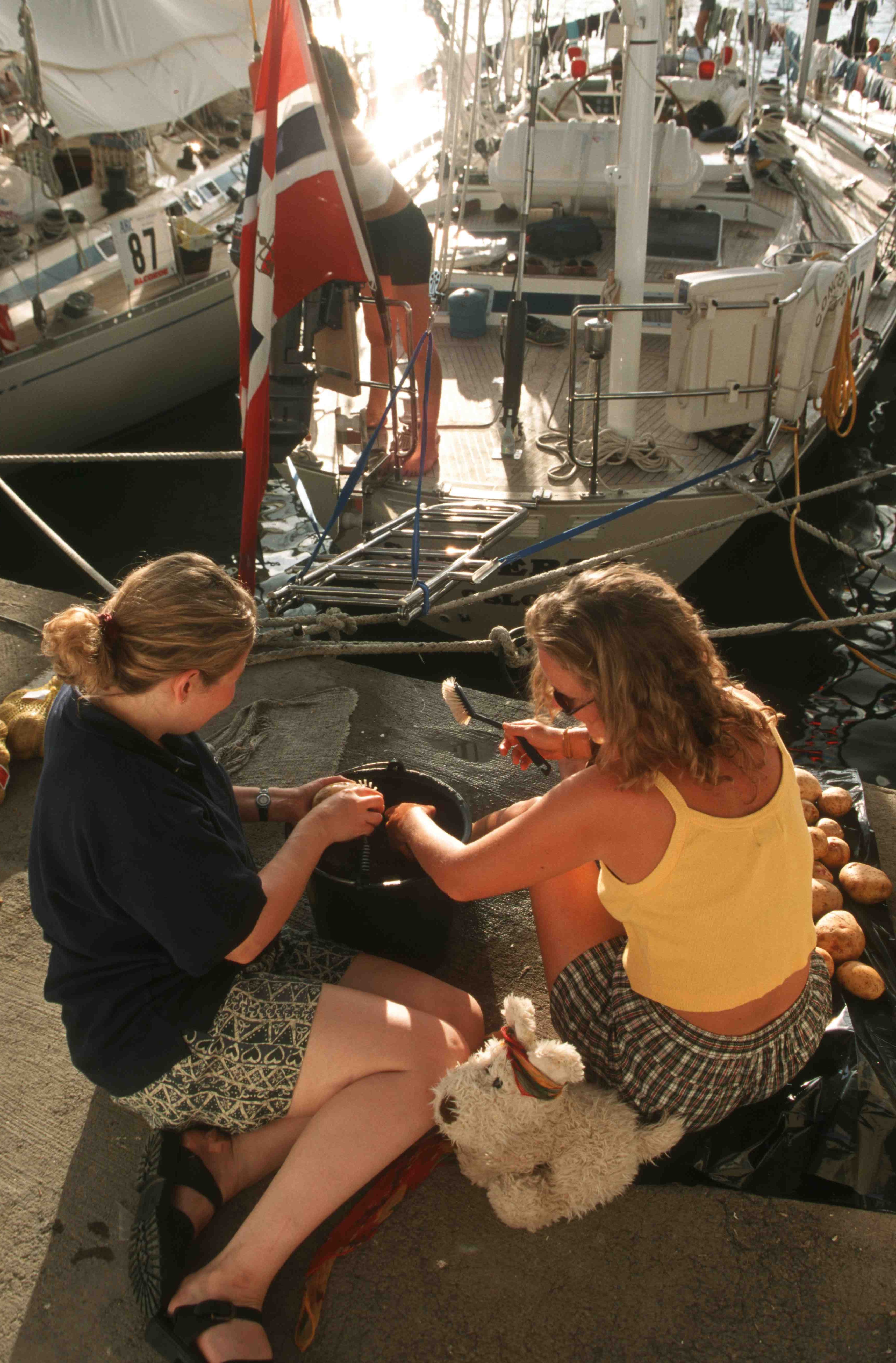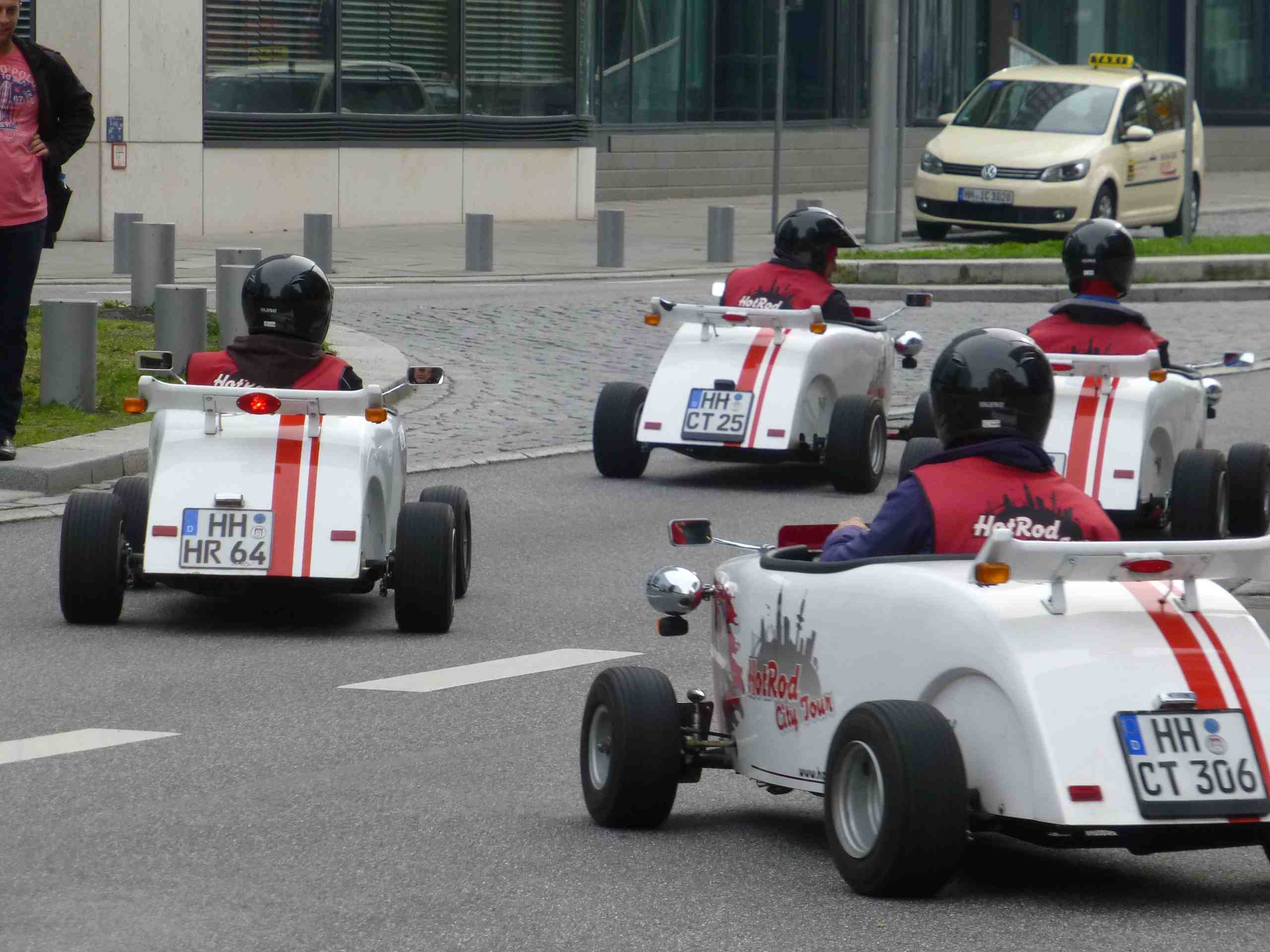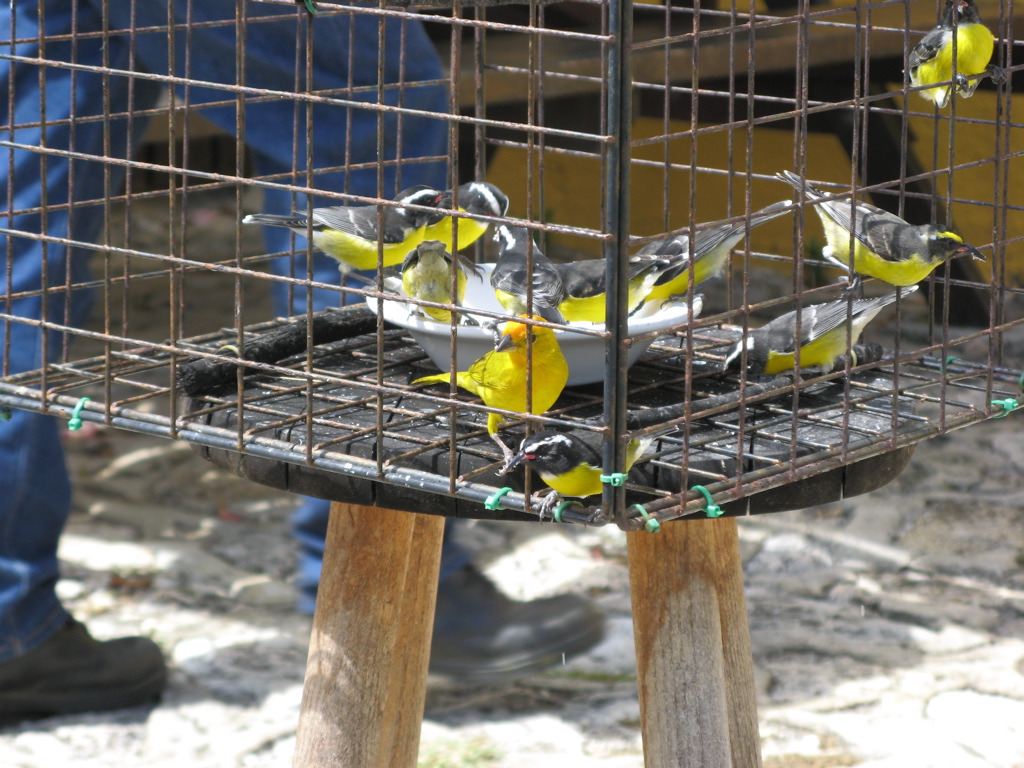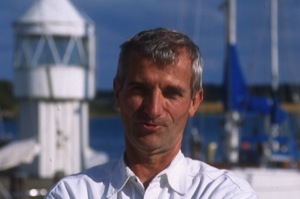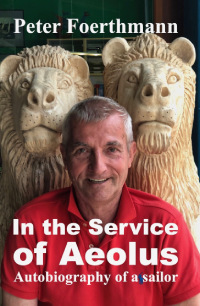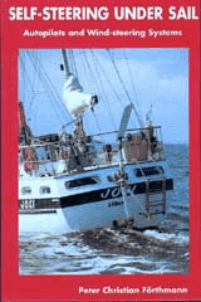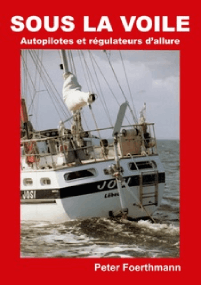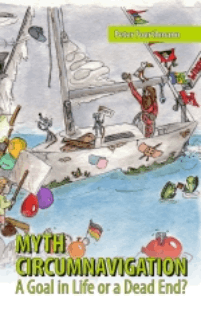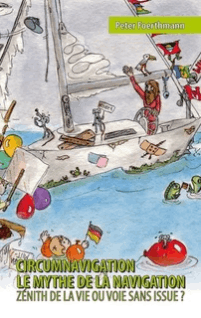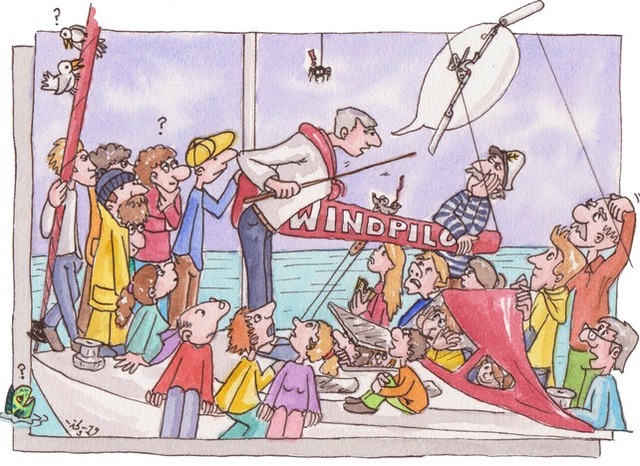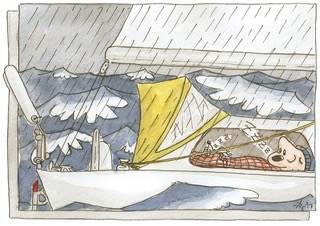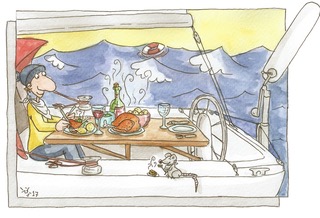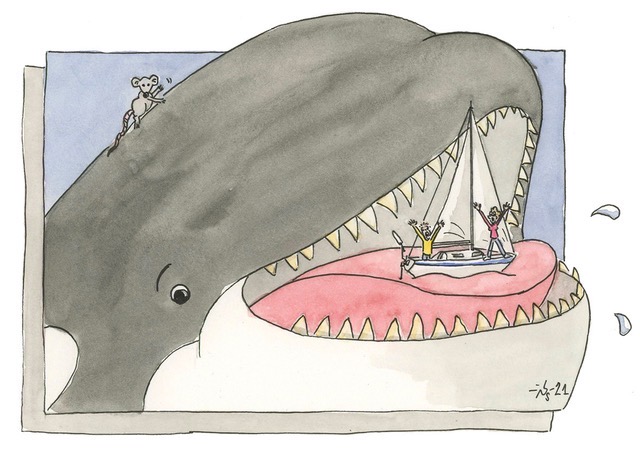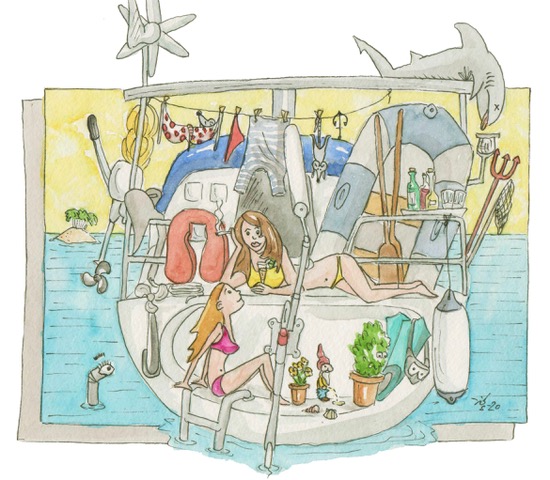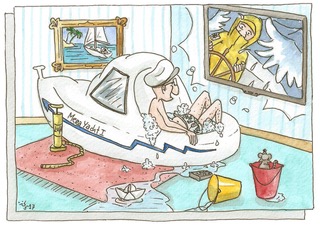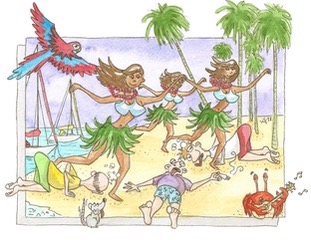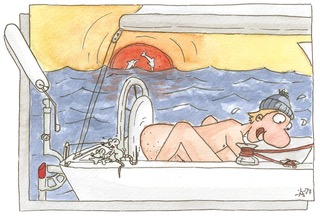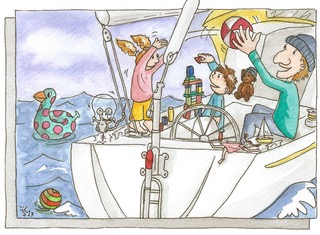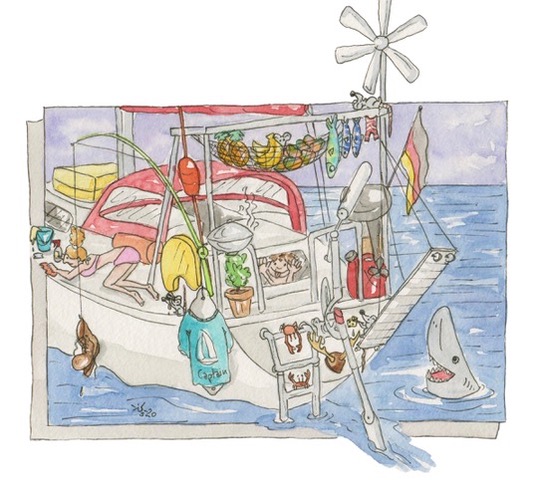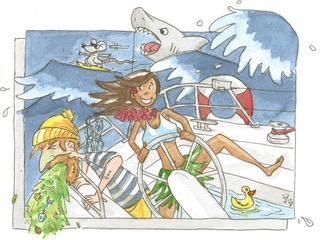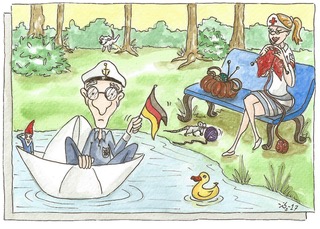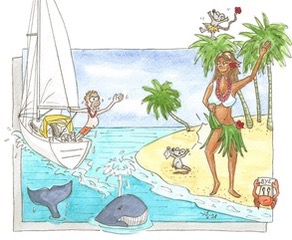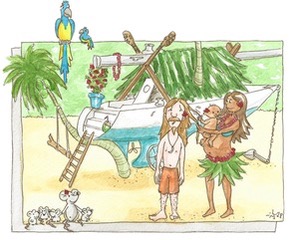Social interactions and sociability
The ground rules for successful social interaction are impressed on us repeatedly from our very earliest days: be polite, no hitting or pinching, be helpful, be kind and share share share… All amenable social interaction unfolds on the basis of conventions that we generally accept and – more or less willingly – accede to and whose cornerstones are respect and empathy towards our fellow humans.
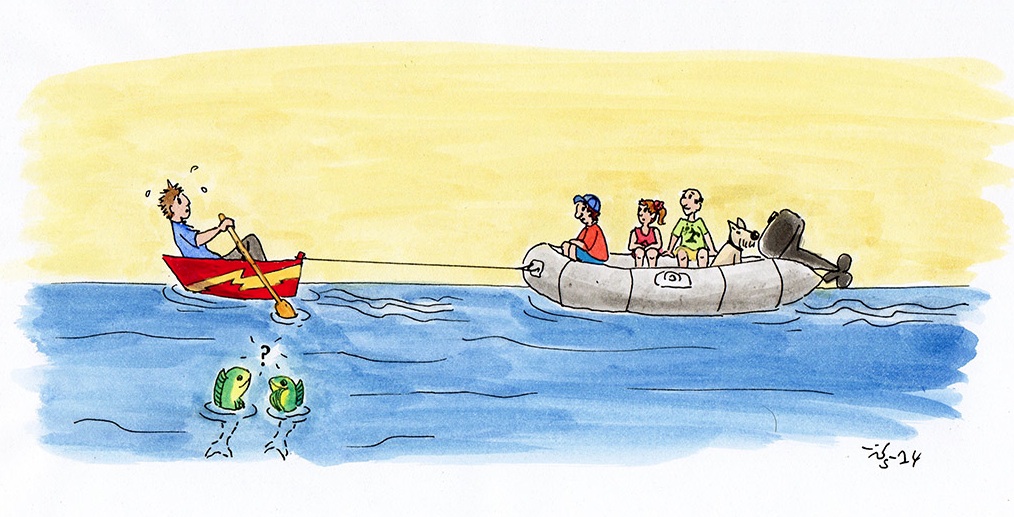
The effects of nurture (or not), a few genes, education, training and, above all, first-hand experience of dealing with other people give rise to an enormous diversity of personalities and an equally extensive number of different answers to the question of how to live, thrive and survive. The spectrum of social interaction ranges from people who reject out of hand any responsibility for their own existence – a life characterized by endless demands and reproaches for partners/society/politics (and the dissatisfaction etched so clearly into so many faces) – to people who prefer to take their destiny in their own hands at an early stage and rely on themselves to make their dreams and desires reality (firm in their conviction that it is not going to happen any other way). The nature of our beautiful sport is such that sailors tend to come from the second group rather than the first (after all why would you head to sea if you didn’t have a fancy for sailing?).
What complicates the equation though is that there are obviously a great many people who find themselves living – or perhaps enduring – a seafaring existence not of their own free will born of their own passion for the life but simply in order to stand by/impress/show loyalty to their partner, spouse, chick/hunk/great love of the moment, etc. This too is a form of social interaction, of course, which leads us in smartly to the issue in question: the particular patterns of social behaviour commonly to be observed among long-distance sailors.
Man and nature
A night at sea, one lumpy cruise: it doesn’t take long to clarify exactly how things stand in the relationship between the sailor (the lamppost) and the forces of nature (the dog). The morning after the night before lays bare human frailties that might have remained hidden a lifetime long ashore. And the elements of course – of course – take a particular pleasure in rubbishing fine words spoken at the bar! Misjudgements seem to be an intrinsic part of our make up as humans: we all get it wrong sometimes, but every mistake survived serves up another valuable learning experience (and the more mistakes we make, the better we get at hiding our shock too).
The sea leaves its mark, it changes people. Some come back enriched, re-energised, refreshed or just nicely relaxed, others come back haunted by crushing humiliations that they apparently can only deal with by (once safely back on land) recasting the traumatic events as a grand tale of remarkable derring-do and personal triumph.
“Social” = cool
Our society seems to be increasingly caught up in a battle to define the limits of social acceptability, with politicians and the media falling over themselves to hand down their own social commandments and social interaction in the intimate family circle growing increasingly unbalanced as a result. One psychologist of my acquaintance recently remarked (with a precision matched only by the wry humour in her voice), families don’t interact socially today, they never have and they never will: it’s all about ego. Media efforts to paint a picture of familial harmony, the feel-good series-length shows peddling syrupy tales of home, hearth and heart, seem to have lost all connection to life on the ground, where the law of the streets tells a very different story.
In the age of the ego, social conventions become screens behind which to conceal the truth. Politicians, business, society and the media are all leveraging a business model here that generates a hush-hush commercial profit on the side. Social networks do nothing to confound this theory either: the apparent alliances they foster again really serve just to burnish the ego – through perceived recognition and adulation – and the underlying profit motive is at best thinly veiled. Social lives conducted under the auspices of the well-known global mega-brands do indeed offer excellent returns, but not for the individuals supplying the content. Still, nobody minds because there’s nobody looking: public curiosity has ebbed away, its critical eye has moved on and there’s just no appetite for the impertinence of delving a little deeper behind the scenes. A plague on him who dares entertain second thoughts in this world, where appearance is everything, the truth has long since left the building and, well, who wants to know the ugly old truth anyway.
In the company of sailors
All people are equal before God and the sea. Among themselves, however, sailors tend to be restricted (intentionally or otherwise – just as on land) to the same sort of social circles they moved at home, except of course that there is greater emphasis placed on social relationships per se in an environment in which there are far fewer people around and those who are underway in the same waters are far more likely to need each others’ assistance at some point.
I always used to think that all of us sharing our beautiful sport must essentially be on the same wavelength as people and social animals, but a few decades of experience have forced me to adapt these idealistic views somewhat. Once sailing was synonymous with mutual aid and support, but while club journals and constitutions still preach the old gospel of solidarity and comradeship, the glue that once bound the community together has lost its strength. The ghastly goings-on at one prominent German bluewater sailing association based in Cuxhaven (the name of which it suddenly seems beyond me to recall) exemplify the gulf that has developed between the lofty ideals of yore and today’s hard reality: how can the administration of an organisation that purports to exist for its members simultaneously do its level best to keep them at arm’s length?
The traditional understanding of mutual assistance works best in the more difficult and demanding corners of the world: in tidal waters, people help each other without a second thought. The stakes are that much higher of course: fail to respect the laws of good seamanship in a fast tidal stream and you stand to learn a lesson not easily forgotten. Or, on a smaller scale, consider the skipper who quietly parks the tender up alongside to prevent anyone else mooring there. And then consider the newbie with the large barge who just drops his fenders down a little lower and rafts up to the tender…
The sense of community in the commercial shipping world, which we see time and again in the case of emergencies at sea, demonstrates what is humanly and technically feasible when lives are at stake. Today though the limits of this solidarity at sea are pushed too far, for example in the case of non-stop solo sailors who come a cropper napping at speed among the icebergs in the Southern Ocean and have to be rescued at enormous cost by whatever happens to be the nearest country with the necessary resources to hand. The knowledge that other seafarers – or the insurance company – can be relied on to pick up the pieces if it all goes pear-shaped can encourage the less prudent mariner to throw seamanship to the wind.
“Double non-stop soloist” BERNT LUECHTENBORG once provided an emphatic demonstration of how not to do it, abandoning his yacht in full view of hundreds of cruise-ship guests and their cameras and passing the bill for the rescue on to his insurance company sponsor – only to discover later on that while his own nerve had obviously been holed below the waterline, the damage to his boat was far from terminal (but by that time the attention of his sponsoring insurer and media partner had long since moved on). The story has never been officially aired in public, which is hardly surprising really as it could hardly be more embarrassing (to say the least) for all involved.
External factors have a pronounced influence on how we interact with each other socially. Just as families come together most closely in times of crisis, so storms, disasters and other incidents of force majeure boost solidarity in other social groups. Or, approaching things from the other direction, when things are going well and people feel secure and carefree in their existence, the ego tends increasingly to take control – at the expense of social behaviour and cooperation. Taken to its most extreme, this tendency generates (or degenerates into) a sort of trial of strength for the egotistical who refuse to bend or yield until the forces brought to bear upon them become overwhelming.
Bluewater sailors generally find their direct social contacts limited by circumstance: each crew has quite enough on its own plate at sea. Long-term sailors, moreover, are purists whose life at sea effectively revolves around little more than reaching the next port of call in one piece. Once safely arrived, interaction with other visitors to the same shores is largely confined to the daily questions of the sailing life: where to find provisions, spare parts, tolerable internet access, berths, safe anchorages, reliable moorings, etc. I know of countless sailors who have spent years at sea and made only a handful of passing acquaintances or whose social ties came loose one way or another due to what we might most diplomatically classify as “differences of opinion”. I would not deny that there are to be found among sailors, just as on land, lifelong friendships of the sort to which most of us have surely aspired, but the evidence suggests they remain few and far between.
The sailing rumour mill – and the audience to whom it matters – goes into a frenzy in harbours and anchorages when crews dissolve prematurely or go AWOL and when partnerships come to an unchivalrous end. Not just on land does the grass on the other side always look so much more delectable – and it is no secret that while the skipper generally stays with the boat, other members of crew have been known to defect. Tales of affairs of the heart always seem to find a willing ear: stick that ear onto a willing head, one thing leads to another and before long the pack gets shuffled again.
Sailors with practical skills or other relevant talents enjoy special status. A warm welcome always awaits, especially from fellow voyagers who have no hands-on capabilities of their own and see tactical friendships as a good way to make up the shortfall. This popularity can be a roller-coaster ride for a sailor with sought-after expertise though, as there will always be a certain contingent for whom the new friendship is strictly a one-way, needs-based arrangement. It is well to remember, I would suggest, that mutual support is predicated on mutual acknowledgement and respect.
Social relations between sailors are but one part of the equation, however. What about relations between sailors and the inhabitants of the places they visit? Dentist and surgeon MICHAEL LEPPERT, SV MARIPOSA has been able to operate on, cure and befriend thousands of people with dental problems in far-flung corners of the world over the years thanks to his skills and the decision to repurpose his generously proportioned catamaran Mariposa. Sadly, but perhaps not surprisingly, even a selfless friend to humanity like Michael finds his way obstructed now and again by overzealous petty officials (he has even been denied a residence permit in one instance). How often the knives still flash for the goose that lays the golden egg!
The unwritten rules of human relations take on a special significance in long-distance sailing circles because breaches are so much harder to conceal at sea. Recently Swiss round-the-world team MONIKA + JOHAN GEISSMANN, SV BUDLUP shared a story with me from a visit to South Africa aboard their boat Budlup. Following the departure of a particular group of boats from a harbour, some of the boats remaining found that certain items of equipment had gone walkabout. The victims had the clever idea of getting in touch with the harbour master at the next port along and asking him to cast an eye over the boats concerned in case they should happen to be carrying, say, an extra outboard. The plan came up trumps and the outboard moved in with the authorities to wait for its original owners to catch up.
SILKE + DIETER BLASS, SV TAMORA ( SV Tamora) sent me a report from Fiji not so long ago of a thoroughly ransacked (and I mean properly gutted) yacht whose owner had flown home. The man apparently had some pretty strong suspicions about where his possessions had ended up – and they don’t reflect at all well on social relations between sailors.
Windvane steering systems repeatedly fall prey to the attentions of the sticky-fingered too, principal among them sailors who forget mechanical self-steering in their excitement and their impatience to get started and then, having noticed how priorities change at sea, decide that helping themselves is a better way to solve the problem than paying. More than once I have come across sailors in, say, the Canaries with a system at the back that other sailors had not long before reported to me as stolen. We live on a small world, the paths are well-trodden and the bush telegraph is sometimes faster than the wind!
All prejudice aside, it is said that there exist anchorages in a number of parts of the world in which visitors take care not to lie too close to low-budget sailors of certain nationalities because it is apparently common knowledge that the latter have a penchant for ‘righting’ what they perceive to be social injustices by unconventional and at times audacious means.
Jealousy is a national sport the world over – and few things inspire jealousy like yachts bobbing at anchor as seen from the shore. Tensions with the locals can be considerable: possession of a sailing boat is a clear sign of financial independence and an incontrovertible mark of differentness. The world can be a hostile place and it takes great sensitivity to tune into the tensions that exist and behave with sufficient care to have a shot at experiencing that special – and increasingly rare – hospitality reserved for guests who are genuinely welcome.
Flotilla fleets have a particular mountain to climb in this respect because their reputation as a company of the well-funded precedes them everywhere. SV RESOLUTE report from La Reunion that they were asked to remove their yacht Resolute from a harbour to make way for the arrival of an Oyster fleet. Prominently displayed at this very harbour was a sign announcing that the marina had been renovated with the active assistance of the EU, which led Hans to explain drily to the harbour master that as an EU citizen he clearly had the right to stay put. And stay put he did, without a word more being uttered on the subject.
One thing we have learned from the SV CATHERINE, which has seen two German sailors held for months in the Philippines by kidnappers seeking a ransom, is that the perpetrators probably boarded the yacht in the guise of uniformed officials before taking the owners hostage. The implications of modern piracy for Western long-distance sailors may well become even graver too, as I discussed in a SIEHE .
Social media
The shortest path between two people in different locations is a Like. Crackbook etc. reduce social interaction to the click of a mouse, a game of collecting virtual trophies in which even the most banal of content seems to count every time. Social status may increase as the crowd of Followers swells, I suppose, but the size of the audience for typical long-distance sailors will always be pretty limited and judging one’s worth by this measure is likely to end in embarrassment when interest tails off and the numbers are there for all to see. I feel it is more respectful to blog readers simply to make posts available to them without clamouring for Likes. Equally, an author will tend to attach much more weight to an e-mail than a throwaway comment because sending an e-mail takes actual effort – not much, perhaps, but these things are all relative! Where social networks serve for nothing more than the posting and consumption of short messages, any interaction becomes purely arbitrary and click or no click (and just that) becomes the measure of solidarity. It probably doesn’t help either that we all now understand the real objective of these “social” interfaces: by their clicks shall ye know them and all the better sell to them.
A clear divide has emerged between younger sailors, for whom Crackbook and the like appear to remain quite attractive, and their more mature peers who have much less interest in pursuing public recognition, blowing their own trumpet and … social media.
Sailing forums
The original motivation behind the internet forum idea – that it would enable people to share views, information and expertise while also providing a snapshot of key issues in the field concerned – was sound and indeed rather noble, but also sadly far too idealistic. In Germany at least, the main sailing forums see very little now in the way of informed/informative discussion for the simple reason that the kind of people interested in that level of discussion have found better things to do with their time than run an electronic gauntlet of inflexible administrators, authoritarian moderators and aggressive/insulting trolls. Much forum activity has consequently degenerated into impenetrable private battles the outcome of which is of no interest to anyone but the protagonists (if then).
Voices impudent enough to dissent in rational tones from the dominant opinion on a particular forum are all too often met not with constructive counter-arguments but rather the playground “We’re not playing with you” mentality. Germany undoubtedly still takes great pride in its democratic structures, but in many areas – politics, social media and everyday life, to name but a few – a sort of mainstream orthodoxy hostile to alternative views seems to have become firmly – and disgracefully – entrenched.
The disgrace certainly also extends to the “leadership” of that Cuxhaven association I alluded to earlier, which recently learned that the new house rules for its internet forum, while apparently perfectly reasonable in its eyes, were somewhat incompatible with the law of the land for details see here
So what about the social interactions and sociability of sailors? What can we conclude? Well, the man/woman in the boat ultimately differs from the man/woman in the street only in that the sailor stands out more clearly against the background of human noise: there are relatively few sailors around and they all come equipped with a big, highly-visible mast.
One of the dubious benefits of growing older is that what at first we barely perceive and later only suspect is eventually rendered irrefutable by the years of accumulated experience. The impact of these conclusions – and both what we conclude and the effects these conclusions have on us depend very much on our own nature as individuals and our direct personal experience (or length of sentence, one might say) – end up plainly written in the features of our face. My own direct personal experience tells me the sailing world includes a disproportionately large number of positive people who have managed to retain their lust for life and deal with whatever outrageous fortune bowls their way without recourse to persistent self-medication. It never ceases to surprise me, on the other hand, that in among this group who have lived a life so obviously full of beautiful experiences (or at least would have us believe so) there are to be found so many poor misanthropes who increasingly turn their back on social conventions and isolate themselves from the outside world in order, it would seem, to devote themselves more fully to navel-gazing.
The very idea makes me come over all contemplative, concedes
Peter Foerthmann





